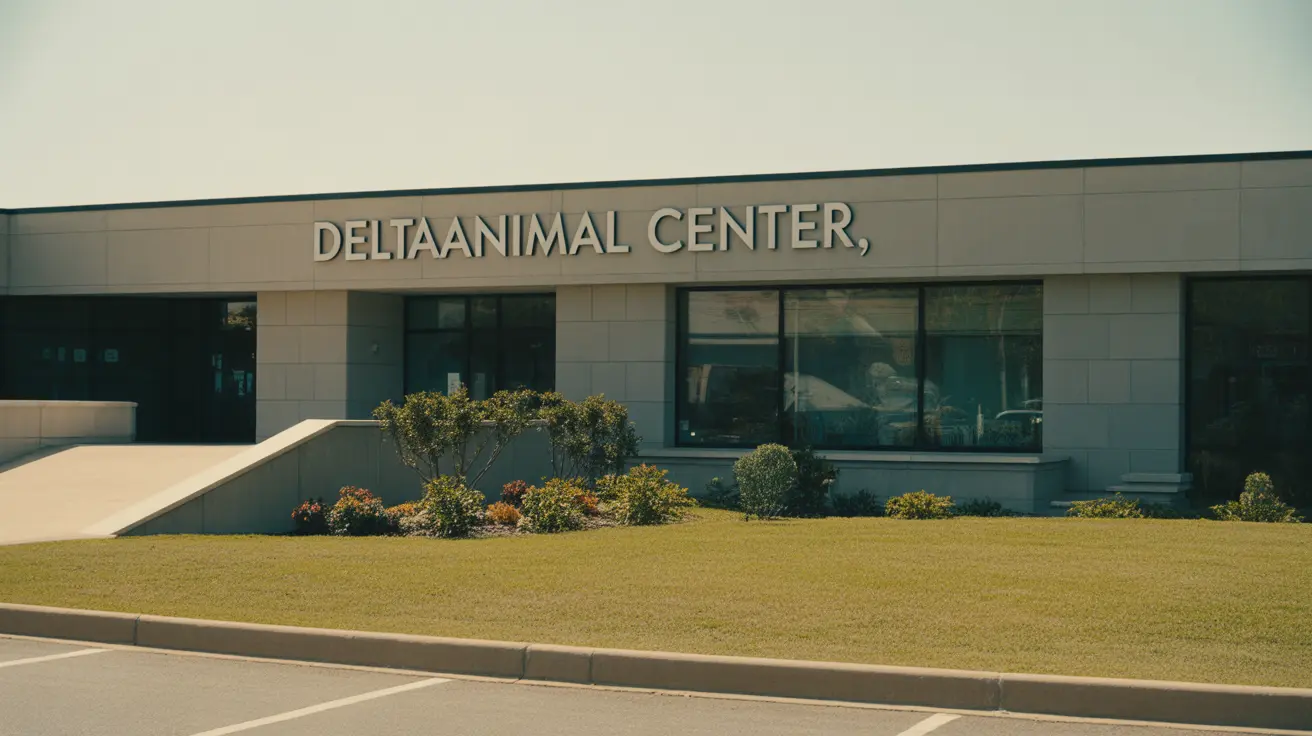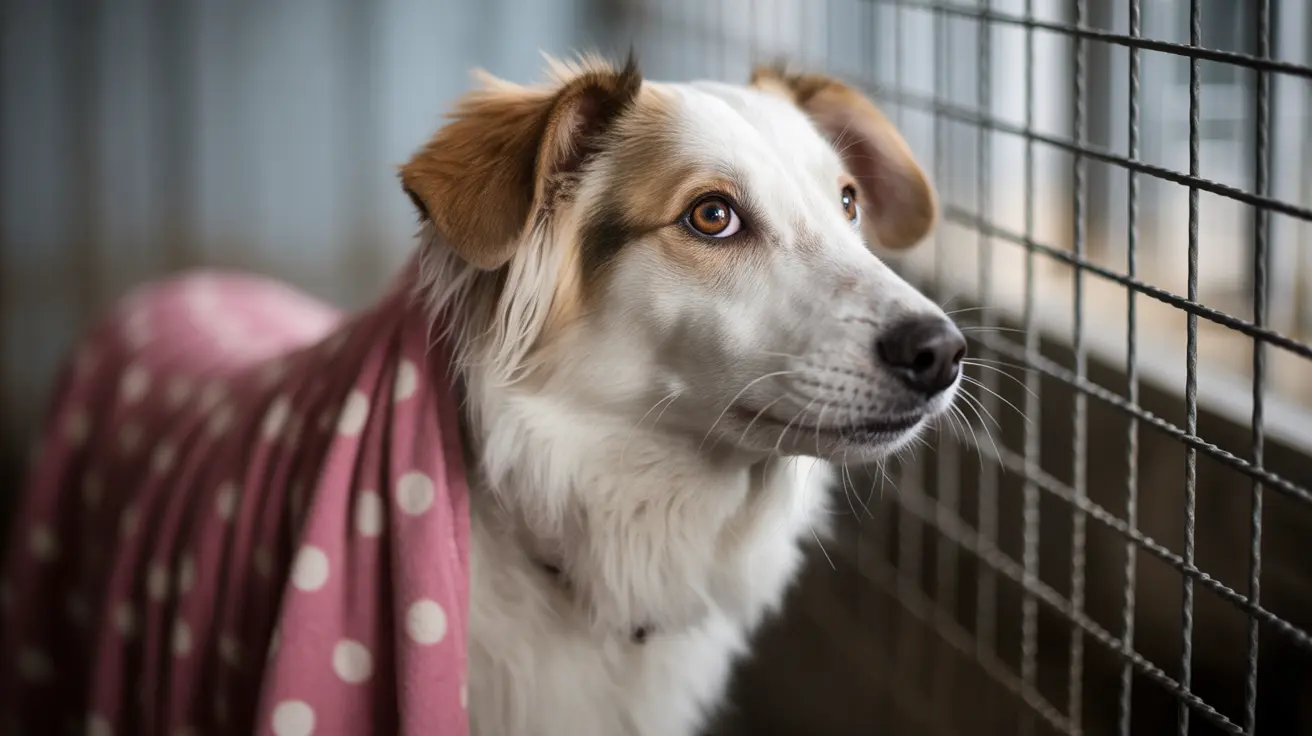The Real Cost of a Cheap Puppy
When considering bringing a new furry companion into your home, one of the first questions people ask is, “How much is a cheap puppy?” While it might seem like a straightforward question, the answer can vary widely depending on several key factors, including the puppy's breed, health, and source.
What Is Considered 'Cheap' for a Puppy?
On average, a puppy from a breeder can cost anywhere from $500 to over $3000, depending on lineage and breed. In contrast, a 'cheap puppy' is typically one you might acquire for $50 to $500. However, this lower upfront cost doesn't always mean lower long-term expenses.
Factors That Affect Puppy Price
- Source: Shelters and rescues often offer the most affordable adoption fees, sometimes as low as $50, which usually includes vaccinations and spaying/neutering.
- Breed: Mixed breeds or less popular breeds tend to be more affordable than trending purebreds like French Bulldogs or Golden Retrievers.
- Age: Older puppies or adult dogs are generally cheaper than newborn puppies.
- Health: Puppies with known medical issues may be offered at a reduced fee but may incur higher vet costs later.
Where to Find Cheap Puppies
If your goal is to adopt a puppy without breaking the bank, consider the following options:
- Animal Shelters: Local shelters often have puppies and dogs available for a modest adoption fee, which usually includes some basic veterinary care.
- Rescue Groups: Breed-specific and general rescue organizations can be a great source for affordable puppies.
- Online Classifieds: Sites like Craigslist or community groups might have listings for low-cost or free puppies, but always proceed with caution to avoid scams or puppy mills.
- Friends and Family: Occasionally, people you know may have unexpected litters they're willing to place for free or at a low cost.
Initial vs. Long-term Costs
Initial costs might seem low when purchasing a cheap puppy, but you should also consider the long-term expenses, such as:
- Veterinary Care: Vaccines, spaying/neutering, and check-ups
- Food and Supplies: High-quality food, bowls, leash, bed, and toys
- Training: Basic obedience classes or private training
- Grooming: Tools or professional grooming for certain breeds
Potential Risks of Buying a Cheap Puppy
There are legitimate sources for cheap puppies, but purchasing a puppy solely based on price can have risks. Here are some to be aware of:
- Puppy Mills: These businesses often prioritize profit over animal welfare, leading to poorly bred and unhealthy puppies.
- Lack of Vaccinations: Some cheap puppies may not come with essential vaccinations, putting their health at risk.
- No Health History: Without documentation, it's hard to know if a puppy is predisposed to certain conditions.
Tips for Finding a Healthy, Affordable Puppy
- Ask Questions: Inquire about the puppy’s health history, vaccination records, and parentage.
- Visit in Person: Meet the puppy and see the living conditions before committing.
- Get a Vet Check: Schedule a vet visit shortly after adoption to ensure the puppy’s health.
- Avoid Red Flags: Be cautious of sellers who won't let you see the puppy in person or pressure a fast sale.
Best Practices for Responsible Pet Ownership
The decision to adopt or purchase a puppy should never be an impulse. Remember that a puppy is a long-term commitment that involves time, energy, and finances. Saving money upfront is ideal, but never at the expense of the dog’s well-being.
Responsible ownership includes:
- Regular vet care
- Proper nutrition
- Daily exercise
- Loving care and training
In conclusion, a cheap puppy may cost as little as $50, but the overall cost of raising a healthy, happy dog goes far beyond the initial price. Be wise, do your research, and choose a puppy that suits both your budget and lifestyle.





